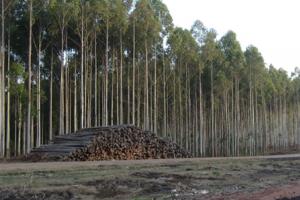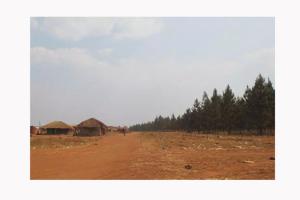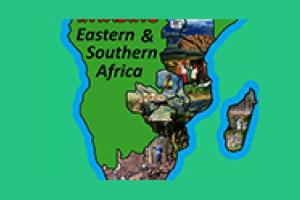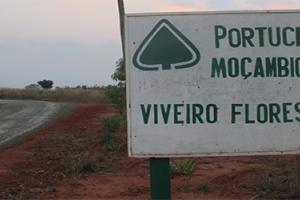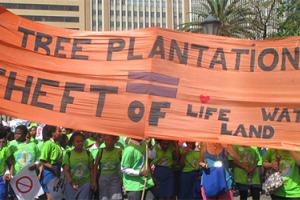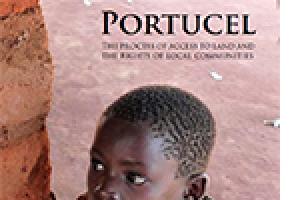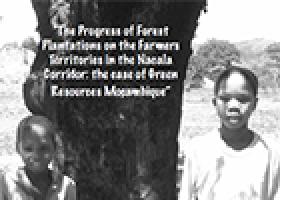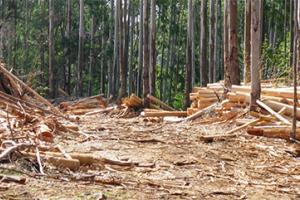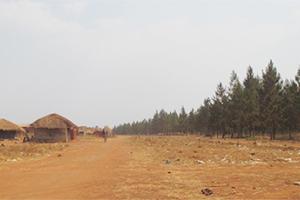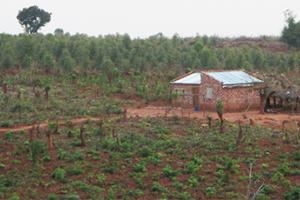Timber
Large-scale, intensively-managed and even-aged tree monocultures for timber production have been expanding onto communities’ fertile lands. They have destroyed forests and grasslands, especially in Latin America, Asia, and East and Southern Africa. The species used are exotic and fast-growing. They include varieties of eucalyptus, pine and teak trees.
As a condition to install its second pulp mill, the company UPM demanded that the Uruguayan state build a new railroad from the site where UPM plans to locate its mill to the port. The government would cover the costs of these infrastructure projects at the service of UPM.
In 2017, the Finnish company UPM signed a contract with the Uruguayan government to establish a third mega pulp mill. The project is subject to exorbitant conditions imposed by the multinational.
Green Resources S.A., a company with mostly Norwegian capital, is considered to be the largest tree plantation company in Africa. The reality on the ground reveals serious land conflicts between the company and local communities, in Mozambique, Uganda and Tanzania. This article reflects the situation in Mozambique.
Industrial tree plantation projects in Mozambique are gaining more and more ground in processes of land acquisition and dispute. The Portuguese company, Portucel, has a “reforestation” plan through 2026 that aims to cover 356 thousand hectares.
This article gives an overview on the industrial tree plantation expansion threat in eastern and southern African countries, its external drivers, as well as the challenges this expansion presents to affected communities struggling to defend their land and livelihoods.
Download the publication. Also available in Swahili.


